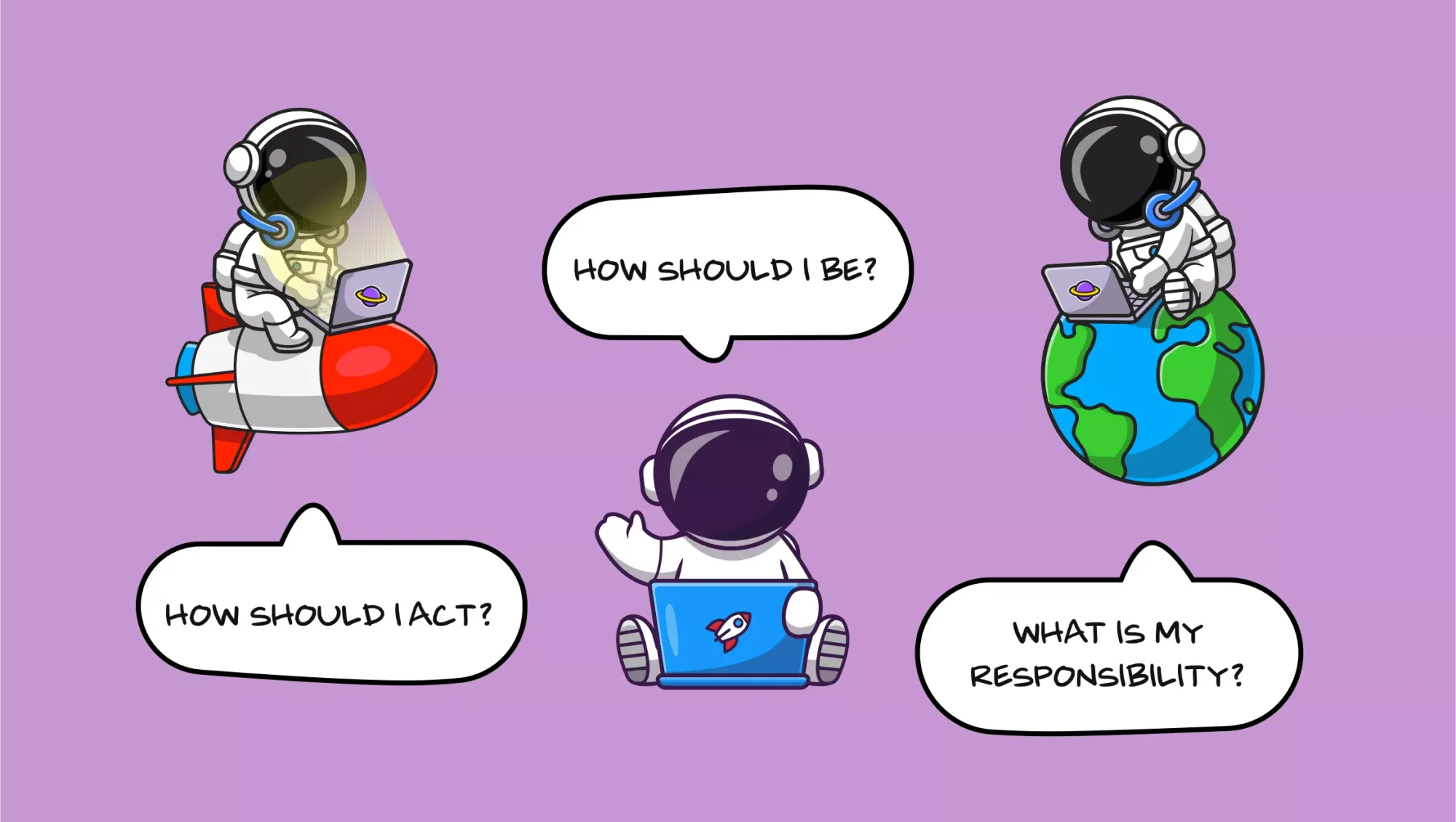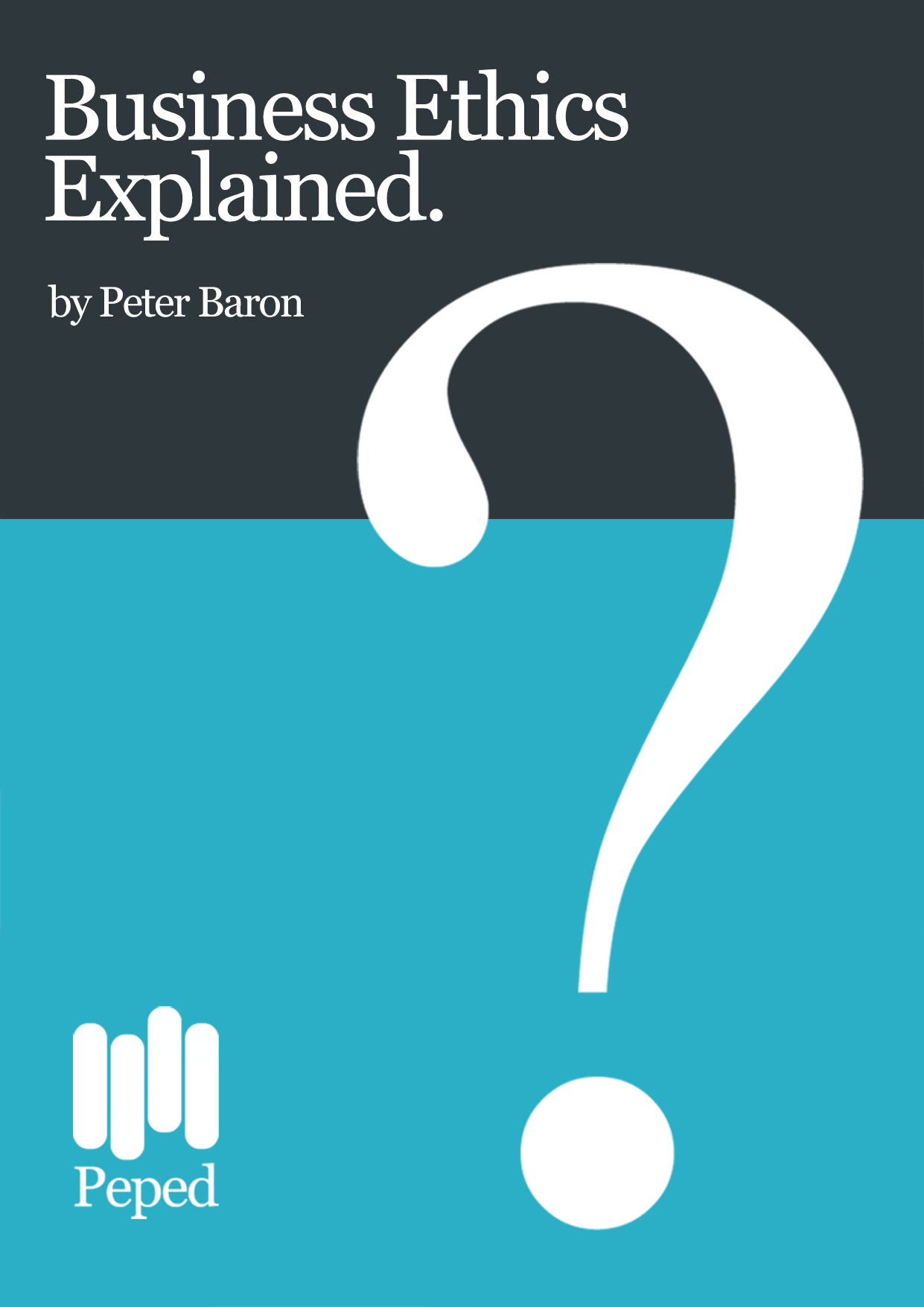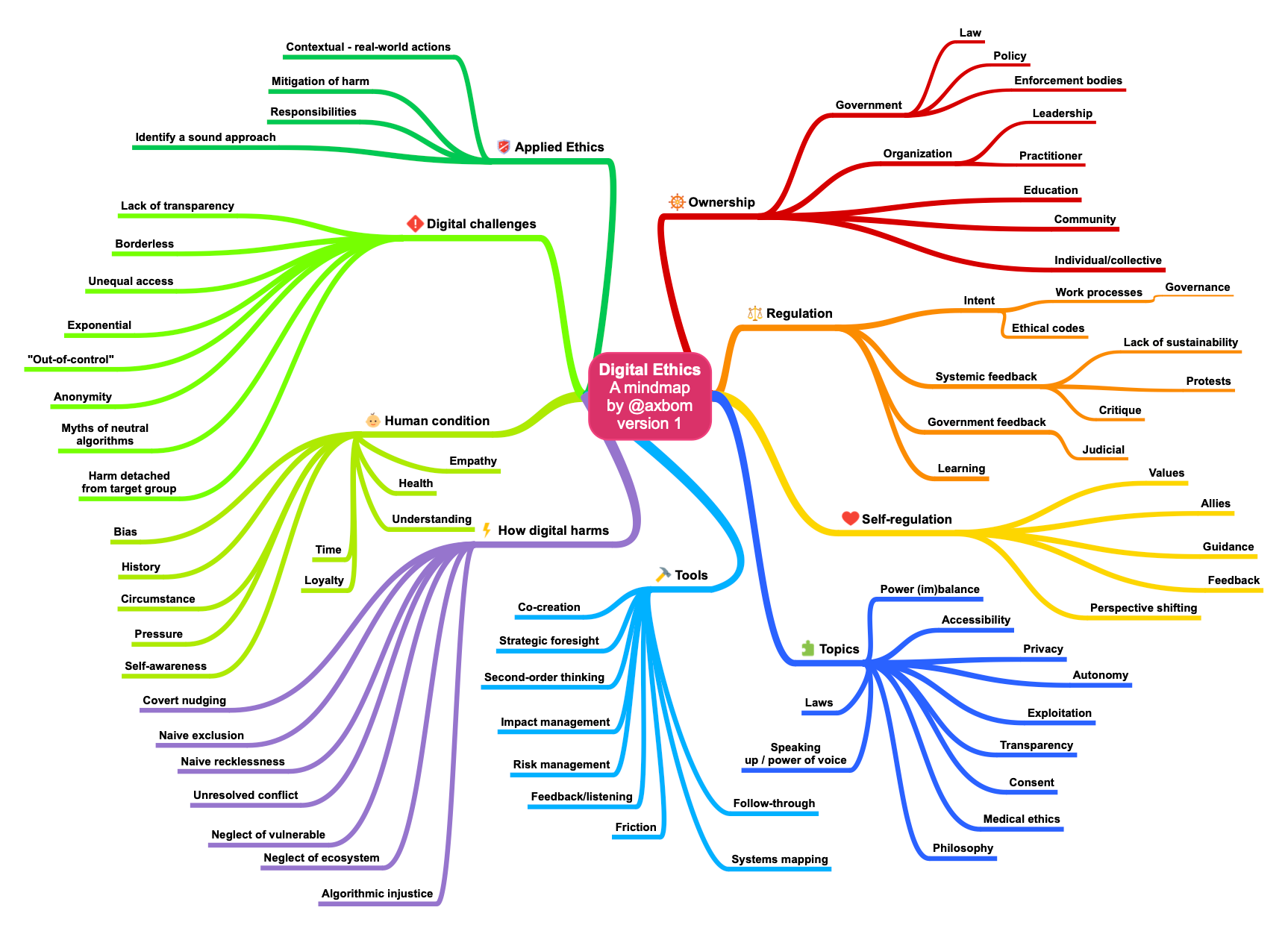Let me drop this bombshell on you right off the bat—if you haven’t been paying attention to the Sabrina Banks leak situation, you’re missing out on a major conversation about privacy and digital ethics in today’s world. We’re talking about more than just one person’s data being exposed here. This is about how our personal information is handled, shared, and sometimes, unfortunately, leaked without our consent. So buckle up because we’re diving deep into what went down, why it matters, and what it means for all of us in 2023.
Now, I know you might be thinking, “Why should I care about some random leak?” But let me tell ya, this isn’t just about Sabrina Banks—it’s about every single one of us who uses the internet. Our data is out there, floating around in cyberspace, and we need to understand the rules of the game if we want to protect ourselves.
Before we dive into the nitty-gritty, let’s get one thing straight: this isn’t just a tech issue or a celebrity drama. It’s a wake-up call for everyone to start thinking critically about how we give (or don’t give) consent when it comes to sharing our personal information online. Ready? Let’s go!
- Uncut Web Series What To Know 2024 Guide Sites
- Vegamovies 2025 Free Streaming Guide Alternatives Tips
What Happened in the Sabrina Banks Leak?
Alright, so here’s the lowdown. In early 2023, a massive data breach involving Sabrina Banks hit the headlines. But hold up—it wasn’t just her data that got leaked. This was part of a larger incident where thousands of users’ private information ended up in the wrong hands. How did it happen? Well, that’s where things get murky.
According to reports, a third-party app that Sabrina used didn’t have the proper security measures in place. Hackers exploited a vulnerability, and boom—sensitive data was out there for anyone with an internet connection to see. Now, this isn’t just a case of bad luck; it’s a glaring example of how even the most seemingly secure platforms can fail us when it comes to protecting our privacy.
How Did the Leak Impact Users?
Let’s break it down. For Sabrina Banks, the impact was huge. Her personal photos, messages, and other private details were suddenly available to the public. But it wasn’t just her—thousands of others found themselves in the same boat. Imagine waking up one day to find your private life splashed all over the internet. Not exactly the kind of morning you’d hope for, right?
- Movierulz 2025 Latest Movie Updates Legal Alternatives Find Out
- Filmyfly Your Guide To Bollywood Hollywood More 2024
- Personal photos and videos leaked
- Private messages exposed
- Financial information compromised
- Reputation damage for those involved
And the worst part? Many of these users had no idea their data was at risk. They trusted the app they were using, thinking their information was safe. Turns out, trust doesn’t always cut it in the digital world.
Understanding Privacy Consent in the Digital Age
Now that we’ve got the basics down, let’s talk about privacy consent. What does it even mean in 2023? Simply put, privacy consent is all about giving people control over their data. It’s about making sure users understand what they’re agreeing to when they sign up for an app or service. But here’s the kicker—most of us don’t even read those long, boring terms and conditions, do we?
Take a moment to think about it. How many times have you clicked “I Agree” without actually reading the fine print? Yeah, me too. But that’s part of the problem. We’re so used to just clicking through those screens that we don’t realize what we’re actually consenting to. And that’s where the danger lies.
Why Is Consent Important?
Consent is more than just a checkbox on a form. It’s about respecting people’s rights to control their own data. When companies don’t prioritize consent, they open the door to all kinds of issues—like data breaches, identity theft, and yes, even leaks like the one involving Sabrina Banks.
Here’s the thing: in today’s digital landscape, our data is incredibly valuable. Companies use it to target ads, improve services, and sometimes, even sell it to third parties. But without proper consent, they’re essentially taking something that doesn’t belong to them. And that’s not cool.
Exploring Digital Ethics: The Bigger Picture
So we’ve talked about the Sabrina Banks leak and the importance of privacy consent. But there’s a bigger conversation happening here—digital ethics. What does it mean to act ethically in the digital world? How do we balance innovation with responsibility? These are questions that need answers, and fast.
Digital ethics is all about making sure technology is used in ways that respect people’s rights and well-being. It’s about creating systems that prioritize transparency, accountability, and fairness. And let’s be real—it’s not always easy to do that, especially when profits and convenience often take priority over ethics.
Key Principles of Digital Ethics
- Transparency: Being open about how data is collected and used
- Accountability: Taking responsibility for data protection
- Fairness: Ensuring everyone is treated equally
- Respect: Valuing people’s privacy and autonomy
When companies follow these principles, they build trust with their users. But when they don’t, well, that’s when we end up with situations like the Sabrina Banks leak. And nobody wants that.
How Can We Protect Our Privacy in 2023?
Now that we’ve covered the problem, let’s talk solutions. How can you protect your privacy in a world where data breaches seem to happen all the time? Here are a few tips to help you stay safe:
- Use strong, unique passwords for each of your accounts
- Enable two-factor authentication whenever possible
- Be cautious about what information you share online
- Read those terms and conditions before clicking “I Agree”
- Regularly update your software and apps to patch security vulnerabilities
These might seem like small steps, but trust me—they can make a big difference. By taking control of your digital footprint, you’re not only protecting yourself but also setting an example for others to follow.
What Can Companies Do Better?
But it’s not just up to individual users to protect their privacy. Companies have a responsibility to do better too. Here’s what they can do:
- Implement stronger security measures to protect user data
- Be transparent about how data is collected and used
- Give users more control over their data
- Regularly audit their systems for vulnerabilities
When companies prioritize privacy and ethics, everyone wins. It’s a win-win situation, if you ask me.
The Role of Governments and Regulations
Let’s not forget about the role of governments and regulations in all of this. Laws like GDPR in Europe and CCPA in California are steps in the right direction, but there’s still a long way to go. These regulations aim to give people more control over their data and hold companies accountable for data breaches.
But here’s the thing: not all countries have strong data protection laws. And even in places where they do, enforcement can be inconsistent. That’s why it’s important for governments to work together to create global standards for digital privacy and ethics.
Challenges in Implementing Regulations
Of course, implementing these regulations isn’t always easy. There are challenges like balancing privacy with national security, ensuring compliance across borders, and keeping up with rapidly evolving technology. But these challenges aren’t excuses to do nothing. They’re opportunities to find better solutions.
And let’s not forget about the power of public pressure. When people speak up about privacy issues, companies and governments tend to listen. So don’t underestimate the impact your voice can have.
Lessons Learned from the Sabrina Banks Leak
So what can we learn from the Sabrina Banks leak? First and foremost, it’s a reminder that no one is immune to data breaches. Whether you’re a celebrity or an everyday user, your data is at risk if proper security measures aren’t in place.
It’s also a wake-up call for companies to take data protection more seriously. If they don’t, they risk not only losing customers but also facing legal consequences. And for users, it’s a chance to rethink how we approach privacy and consent in our digital lives.
What’s Next for Digital Privacy?
Looking ahead, the future of digital privacy is uncertain but full of possibilities. Will we see more robust regulations? Will companies finally prioritize ethics over profits? Will users become more informed and empowered? Only time will tell.
But one thing’s for sure—we can’t afford to sit back and do nothing. The digital world is evolving faster than ever, and we need to keep up if we want to protect our privacy and rights.
Final Thoughts and Call to Action
Let’s wrap this up with a few key takeaways. First, the Sabrina Banks leak is more than just a scandal—it’s a lesson in privacy, consent, and digital ethics. Second, protecting our data requires effort from both individuals and companies. And third, we all have a role to play in shaping the future of digital privacy.
So what can you do? Start by taking control of your own privacy. Use strong passwords, enable two-factor authentication, and be mindful of what you share online. Then, speak up about privacy issues and hold companies accountable for their actions. Every voice matters, and together, we can make a difference.
And hey, if you found this article helpful, don’t forget to share it with your friends and family. The more people who understand the importance of digital privacy, the better off we’ll all be. So go ahead, hit that share button and let’s start a conversation!
Table of Contents
- What Happened in the Sabrina Banks Leak?
- How Did the Leak Impact Users?
- Understanding Privacy Consent in the Digital Age
- Why Is Consent Important?
- Exploring Digital Ethics: The Bigger Picture
- Key Principles of Digital Ethics
- How Can We Protect Our Privacy in 2023?
- What Can Companies Do Better?
- The Role of Governments and Regulations
- Challenges in Implementing Regulations
- Lessons Learned from the Sabrina Banks Leak
- What’s Next for Digital Privacy?
- 5movierulz Kannada 2024 Watch Kannada Movies Legally
- Kannada Movies 2025 Find Watch Online Safely Alternatives


